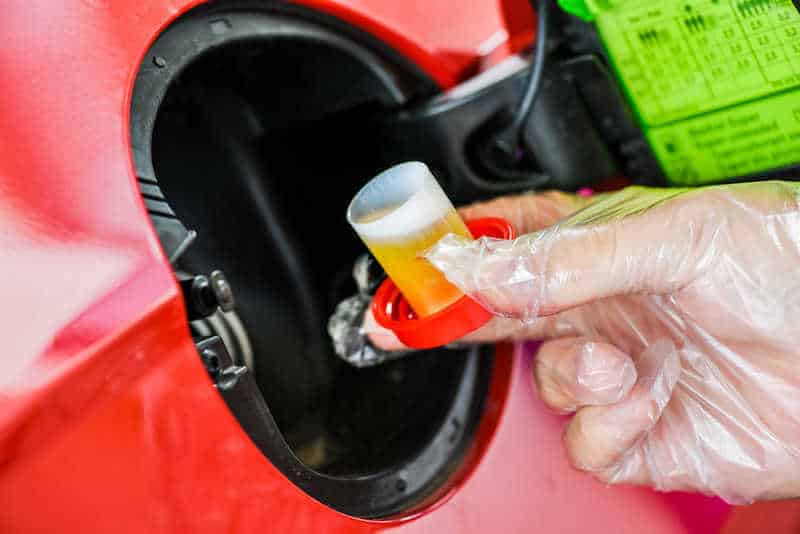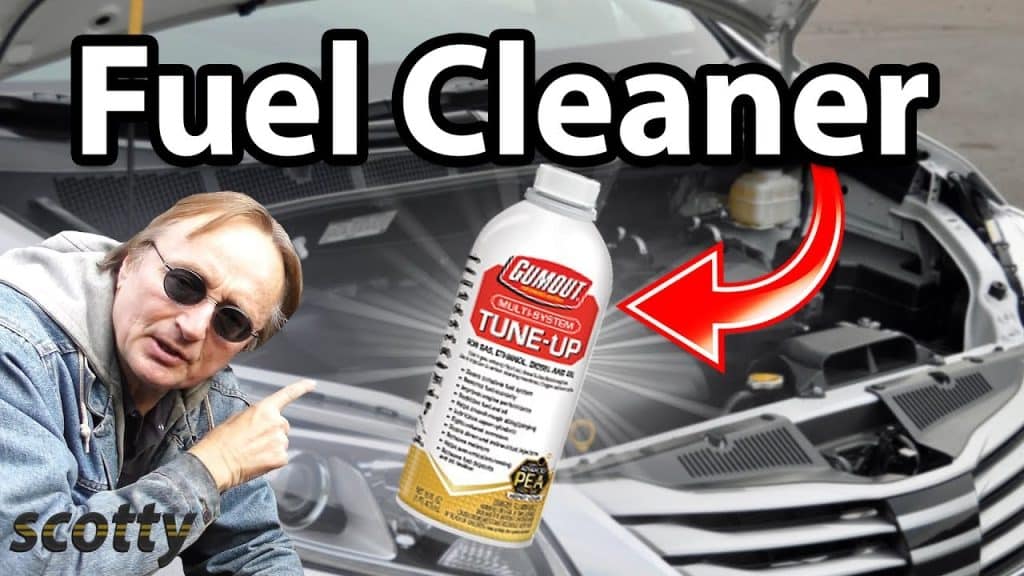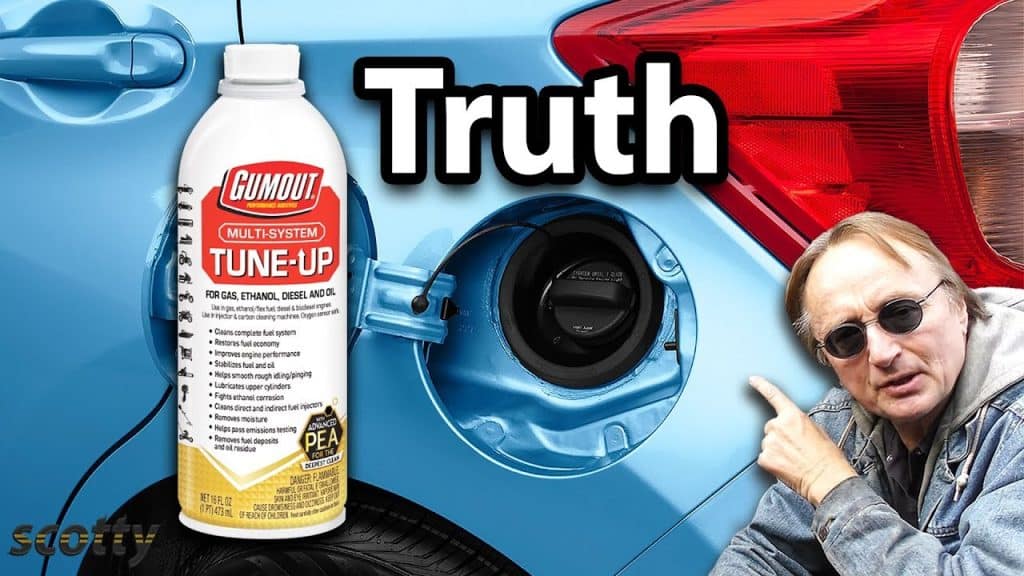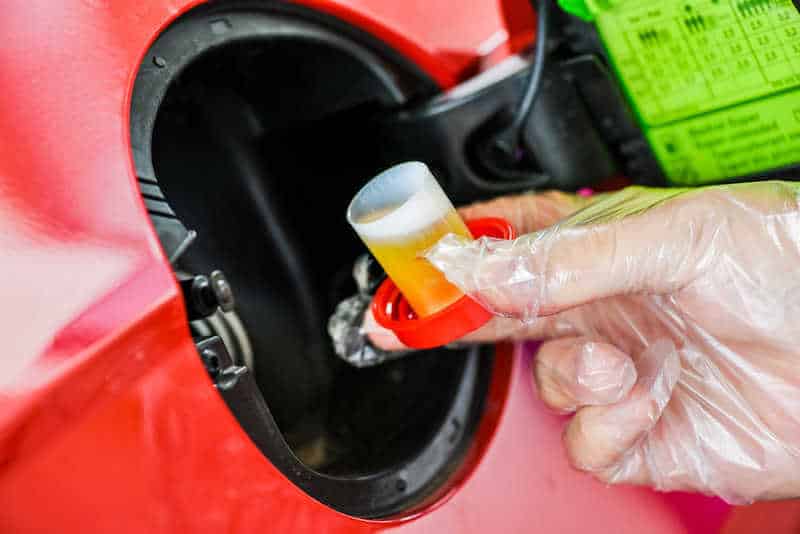Car fuel treatments have become increasingly popular among car enthusiasts and everyday drivers alike. But do these treatments actually work? In this article, we explore the effectiveness of car fuel treatments and shed light on whether they truly deliver on their promises to improve fuel efficiency, engine performance, and overall longevity of your vehicle. Join us as we dive into the science and evidence behind these treatments to determine if they are worth the investment.
Types of Car Fuel Treatments
Fuel Additives
Fuel additives are substances that are added to fuel to enhance its performance and improve combustion. They typically contain chemicals such as detergents, corrosion inhibitors, and antioxidants. Fuel additives can help clean fuel injectors, prevent the formation of deposits, and improve fuel efficiency.
Fuel System Cleaners
Fuel system cleaners are specifically designed to clean the various components of the fuel system, including the fuel injectors, intake valves, and fuel lines. These cleaners help remove carbon deposits, varnish, and other contaminants that can accumulate over time, leading to reduced fuel efficiency and engine performance.
Fuel Stabilizers
Fuel stabilizers are additives that are used to prevent the degradation of fuel during storage. They help inhibit the formation of gummy residues and deposits that can clog fuel lines and injectors. Fuel stabilizers also help prevent the oxidation of fuel, which can lead to the formation of varnish and gum.
Octane Boosters
Octane boosters are additives that are used to increase the octane rating of gasoline. A higher octane rating helps prevent knocking and pinging in the engine, especially in high-performance vehicles. Octane boosters typically contain compounds such as toluene, xylene, or methanol, which have high octane ratings.
Fuel Injector Cleaners
Fuel injector cleaners are specifically formulated to clean and unclog fuel injectors. These additives help remove carbon deposits and other contaminants that can accumulate on the injectors over time. By keeping the fuel injectors clean, fuel injector cleaners improve fuel atomization, resulting in improved combustion and engine performance.
Benefits of Using Car Fuel Treatments
Improved Fuel Efficiency
One of the primary benefits of using car fuel treatments is improved fuel efficiency. Fuel additives and cleaners help optimize the combustion process, allowing for more efficient fuel consumption. By removing deposits and contaminants from the fuel system, fuel treatments promote better fuel atomization and more complete combustion, resulting in improved mileage.
Increased Engine Performance
Car fuel treatments can also help increase engine performance. By cleaning fuel injectors, removing deposits, and improving fuel combustion, these treatments can enhance power output and responsiveness. A cleaner and more efficient fuel system allows for better airflow and fuel delivery, resulting in improved acceleration and overall engine performance.
Reduced Emissions
Another significant benefit of using car fuel treatments is the potential to reduce emissions. By improving fuel combustion and optimizing the fuel system, these treatments can help reduce the release of harmful pollutants into the environment. This is particularly important in light of increasing environmental concerns and stricter emission standards.
Prevention of Engine Deposits
Over time, engines can accumulate deposits, such as carbon buildup on the intake valves and fuel injectors. These deposits can hinder airflow and disrupt fuel atomization, leading to reduced engine performance and increased fuel consumption. Car fuel treatments can help prevent the formation of these deposits, keeping the engine clean and running at its best.
Extended Engine Lifespan
By improving fuel efficiency, enhancing engine performance, and reducing deposits, car fuel treatments can contribute to an extended engine lifespan. When the engine operates at its optimal level, there is less strain and wear on various components. This can result in fewer mechanical issues, reduced maintenance costs, and a longer overall lifespan for the engine.
How Car Fuel Treatments Work
Fuel Combustion Enhancement
Car fuel treatments work by enhancing the combustion process in the engine. They contain chemicals that help break down fuel molecules, improve fuel atomization, and promote more complete combustion. This leads to reduced pollutants and improved fuel efficiency.
Fuel System Cleaning
Many car fuel treatments include detergents and other cleaning agents that help remove deposits and contaminants from the fuel system. These additives dissolve and disperse carbon deposits, varnish, and other buildup in fuel injectors, intake valves, and fuel lines. This results in a cleaner and more efficient fuel system.
Fuel Stabilization
Fuel stabilizers work by preventing the oxidation and degradation of fuel during storage. They contain antioxidants and other stabilizing agents that inhibit the formation of gummy residues and deposits. By preserving fuel quality, fuel stabilizers ensure that the fuel remains usable and performs optimally when used.
Engine Deposit Prevention
Car fuel treatments help prevent the formation of engine deposits by keeping the fuel system clean. By removing existing deposits and inhibiting their formation, these treatments ensure that the engine operates at its best. This leads to improved engine performance, reduced fuel consumption, and reduced emissions.
Octane Level Improvement
Octane boosters work by increasing the octane rating of fuel. This helps prevent knocking and pinging in the engine, particularly in high-performance vehicles. By raising the octane level, octane boosters improve combustion efficiency and protect the engine from potential damage.
Effectiveness of Car Fuel Treatments
Scientific Studies and Research
Several scientific studies have been conducted to evaluate the effectiveness of car fuel treatments. These studies often involve laboratory testing and analysis of fuel samples and engine performance. While results can vary, many studies have shown positive effects of fuel additives and cleaners on fuel efficiency, emissions, and engine performance.
Consumer Reviews and Feedback
Consumer reviews and feedback also provide insights into the effectiveness of car fuel treatments. Many drivers have reported improvements in fuel efficiency, engine performance, and smoother operation after using these products. However, it is important to consider individual experiences and variations in vehicle types and conditions.
Manufacturer Claims and Testing
Manufacturers of car fuel treatments often conduct their own testing and research to support the effectiveness of their products. These tests may include laboratory experiments, engine dynamometer testing, and real-world evaluations. Manufacturers provide information on the expected benefits and performance improvements of their products based on their testing results.
Real-World Performance
Real-world performance is an important factor in assessing the effectiveness of car fuel treatments. Many drivers have reported positive experiences and improvements after using fuel additives and cleaners regularly. However, it is important to note that individual results may vary depending on various factors, such as vehicle type, driving conditions, and maintenance practices.
Factors Affecting the Performance of Car Fuel Treatments
Quality and Composition of the Fuel Treatment
The quality and composition of the car fuel treatment can significantly impact its performance. Different brands and formulations may have varying levels of effectiveness in improving fuel efficiency, engine performance, and emissions. It is important to choose a reputable brand and read product labels to ensure that the fuel treatment meets your specific needs.
Type and Condition of the Vehicle
The type and condition of the vehicle can also affect the performance of car fuel treatments. Different vehicles may have varying fuel system designs and requirements. Additionally, older or poorly maintained vehicles may have more significant deposits and contaminants that may require more intensive treatment.
Driving Habits and Conditions
Driving habits and conditions can influence the effectiveness of car fuel treatments. Factors such as driving style, mileage, and frequency of use can impact the accumulation of deposits and contaminants in the fuel system. Vehicles that are subjected to harsh driving conditions or long periods of idling may benefit from more frequent use of fuel treatments.
Maintenance and Tune-Up of the Engine
The maintenance and tune-up of the engine play a crucial role in maximizing the benefits of car fuel treatments. Regular maintenance practices, such as changing the fuel filter, cleaning the air filter, and performing tune-ups, help ensure that the engine operates at its best. Combined with the use of fuel treatments, proper maintenance can optimize engine performance and fuel efficiency.
Common Misconceptions About Car Fuel Treatments
Instant and Dramatic Results
One common misconception about car fuel treatments is that they provide instant and dramatic results. While some improvements may be noticeable after using fuel treatments, such as smoother engine operation or slightly improved mileage, significant changes may take time. Consistent use of fuel treatments, along with proper vehicle maintenance, is necessary to achieve optimal results.
Complete Replacement for Regular Maintenance
Car fuel treatments are not a complete replacement for regular maintenance practices. While they can help improve fuel efficiency, engine performance, and emissions, they do not eliminate the need for other essential maintenance tasks. Regular oil changes, filter replacements, and tune-ups are still necessary to ensure the overall health and longevity of the engine.
Compatibility with All Vehicles and Engines
Not all car fuel treatments are compatible with every vehicle and engine. Different vehicles may require specific types of fuel treatments, and using the wrong product may lead to potential issues or even damage to the fuel system or engine. It is important to consult the vehicle’s manual or seek professional advice to determine the appropriate fuel treatment for your specific vehicle.
Ability to Fix Existing Engine Problems
Car fuel treatments are primarily designed for preventive maintenance and enhancing performance. They are not intended to fix existing engine problems or mechanical issues. If your vehicle is experiencing significant performance issues or mechanical failures, it is advisable to consult a professional mechanic for a comprehensive diagnosis and appropriate repairs.
Safety Considerations of Car Fuel Treatments
Proper Handling and Storage of Fuel Treatments
It is important to follow the manufacturer’s instructions regarding the proper handling and storage of car fuel treatments. Some treatments may contain chemicals that can be hazardous if mishandled. It is recommended to wear appropriate protective gear, such as gloves or safety glasses, when handling fuel treatments and to store them in a cool and well-ventilated area.
Compatibility with Vehicle Components
Car fuel treatments should be compatible with the various components of the vehicle’s fuel system. Certain additives or cleaners may not be suitable for use with certain materials, such as rubber or plastic. It is essential to read product labels and consult the vehicle’s manual or a professional mechanic to ensure compatibility and prevent any potential damage to the fuel system components.
Risk of Engine Damage
While car fuel treatments are generally safe to use when used properly, there is a slight risk of engine damage if used incorrectly or excessively. Overuse or misuse of certain treatments may lead to the stripping of lubricating components or the degradation of fuel system seals. It is important to follow the manufacturer’s recommendations and guidelines to avoid any potential damage to the engine.
Potential Health and Environmental Hazards
Car fuel treatments may contain chemicals that can pose health and environmental hazards if not used responsibly. It is important to avoid inhaling or ingesting the product and to keep it away from children and pets. Proper disposal of empty containers or unused portions of fuel treatments should be done in accordance with local regulations to minimize environmental impact.
Tips for Choosing and Using Car Fuel Treatments
Research and Read Product Reviews
Before purchasing a car fuel treatment, it is advisable to conduct research and read product reviews. This can help you make an informed decision based on the experiences of other consumers and the reputation of the brand. Look for products that have positive reviews and are recommended for your specific vehicle and fuel type.
Follow Manufacturer’s Recommendations
To maximize the effectiveness of car fuel treatments, it is important to follow the manufacturer’s recommendations regarding application and dosage. Each product may have specific instructions on how to use the treatment, including the recommended amount to use and how frequently to apply it. Adhering to these recommendations will help ensure optimal results.
Consider Fuel Type and Vehicle Requirements
Different vehicles may have specific fuel system requirements or recommendations. It is important to consider the fuel type and the specific requirements of your vehicle when selecting a car fuel treatment. Certain treatments may be specifically formulated for gasoline or diesel engines, and using the wrong product may not provide the desired results.
Proper Application and Dosage
Proper application and dosage are crucial for the effective use of car fuel treatments. It is important to follow the instructions on the product label and use the correct amount of treatment for your vehicle’s fuel capacity. Overdosing or underdosing can affect the treatment’s effectiveness and may lead to undesirable outcomes.
Conclusion
Car fuel treatments offer several potential benefits for vehicle owners, including improved fuel efficiency, increased engine performance, reduced emissions, prevention of engine deposits, and an extended engine lifespan. These treatments work by enhancing fuel combustion, cleaning the fuel system, stabilizing fuel quality, preventing engine deposits, and improving octane levels.
The effectiveness of car fuel treatments is supported by scientific studies, consumer reviews and feedback, manufacturer claims and testing, and real-world performance. However, it is important to consider individual factors that can influence the treatment’s performance, such as the quality and composition of the treatment, the type and condition of the vehicle, driving habits and conditions, and engine maintenance.
Despite the potential benefits, it is necessary to address common misconceptions about car fuel treatments, such as expecting instant and dramatic results, considering them a complete replacement for regular maintenance, assuming compatibility with all vehicles and engines, and relying on them to fix existing engine problems.
It is also important to consider safety considerations when using car fuel treatments, including proper handling and storage, compatibility with vehicle components, the risk of engine damage, and potential health and environmental hazards.
To choose and use car fuel treatments effectively, it is essential to research and read product reviews, follow the manufacturer’s recommendations, consider fuel type and vehicle requirements, and ensure proper application and dosage.
In conclusion, car fuel treatments can be a beneficial addition to regular maintenance practices, offering improved fuel efficiency, engine performance, and emissions. However, individual experiences may vary, and it is important to consider your specific vehicle’s needs and follow the manufacturer’s recommendations for optimal results. Regular maintenance, including tune-ups and proper engine care, remains essential for the overall health and longevity of the engine.






